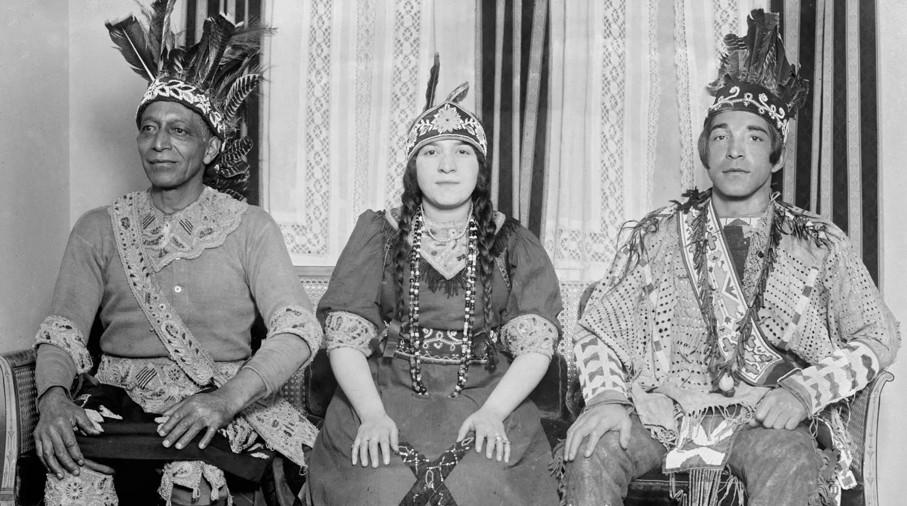
FedEx, a name synonymous with reliable and rapid delivery, is a global powerhouse that has revolutionized the way the world moves goods. But the story of its rise is far from a simple overnight success. It’s a tale of visionary thinking, entrepreneurial grit, and a persistent drive to overcome obstacles, ultimately transforming the logistics industry.
The story begins with Frederick W. Smith, a Yale University student who, in a 1965 economics paper, proposed a radical new system for delivering time-sensitive items. His core idea stemmed from his observation that modern businesses required faster, more reliable delivery services than were currently available. While the paper was initially graded with a “C,” Smith’s concept would soon prove to be worth far more.
After serving in the Marine Corps during the Vietnam War, Smith revisited his idea and, in 1971, founded Federal Express. He envisioned a central clearinghouse where all packages would be flown to, sorted, and then flown out for delivery to their final destinations. This innovative hub-and-spoke model would ensure efficient and time-definite delivery, a groundbreaking concept at the time.
The early days were fraught with challenges. Securing funding proved difficult, and the company faced skepticism about its viability. The initial fleet consisted of just eight Dassault Falcon 20 aircraft, and operations began in 1973, connecting 25 cities across the United States. However, the first night was a rocky start, with only six packages transported.
Despite these initial hurdles, Smith’s persistence and unwavering belief in his business model kept FedEx afloat. He even reportedly took a trip to Las Vegas and won enough money playing blackjack to cover the company’s fuel bill, a testament to his unconventional approach.
Slowly but surely, FedEx began to gain traction. Companies recognized the value of its guaranteed overnight delivery, and the demand for its services grew exponentially. Throughout the 1970s, FedEx expanded its network, adding more cities and investing in larger aircraft.
The 1980s marked a period of significant growth and innovation for FedEx. In 1984, the company introduced COSMOS, a computerized system for tracking packages, providing customers with unprecedented visibility into the status of their shipments. This technological advancement solidified FedEx’s commitment to innovation and customer service.
Expansion continued throughout the decade, with FedEx establishing international operations and solidifying its presence in the global market. The acquisition of Flying Tigers in 1989 significantly expanded its international air cargo network, further reinforcing its global reach.

The 1990s and 2000s saw FedEx continue to innovate and adapt to the changing needs of the global marketplace. The rise of e-commerce presented new opportunities, and FedEx invested heavily in its infrastructure and technology to cater to the burgeoning online retail industry. The company also diversified its service offerings, expanding beyond express delivery to include ground shipping, freight services, and logistics solutions.
Today, FedEx is a global logistics giant, employing hundreds of thousands of people and operating a vast network of aircraft, vehicles, and distribution centers. It is a leader in e-commerce transportation and offers a comprehensive suite of services to businesses and individuals worldwide.
The history of FedEx is more than just a business success story; it’s a testament to the power of innovation, perseverance, and a relentless focus on customer needs. From a humble college paper to a global delivery empire, FedEx has fundamentally changed the way the world does business, and its story continues to inspire entrepreneurs and innovators around the globe.
Key takeaways from the FedEx story:
- Visionary Thinking: Smith’s innovative hub-and-spoke model revolutionized the logistics industry.
- Persistence and Resilience: Overcoming initial funding challenges and skepticism required unwavering determination.
- Technological Innovation: Embracing technology like COSMOS gave FedEx a competitive edge and enhanced customer service.
- Adaptability: Evolving to meet the demands of e-commerce and expanding service offerings ensured continued growth.
- Customer Focus: Providing reliable and timely service has always been at the heart of the FedEx mission.





